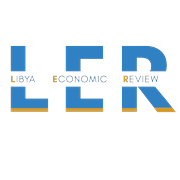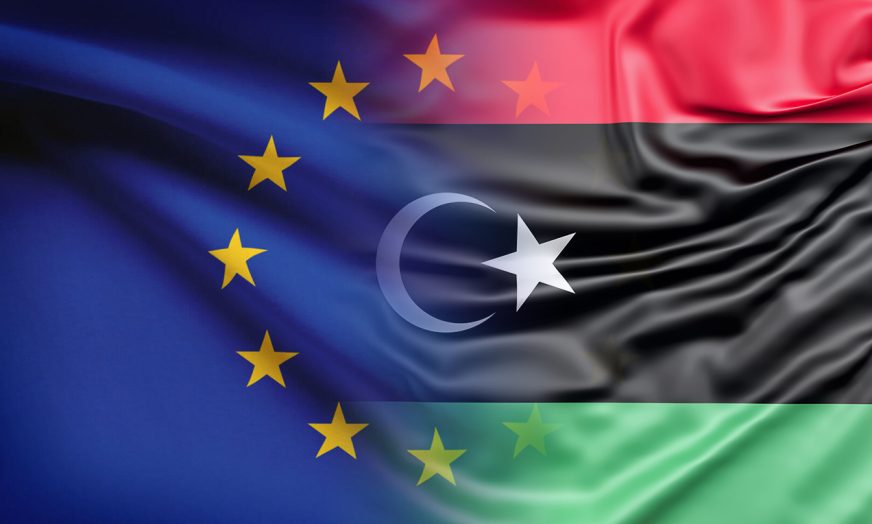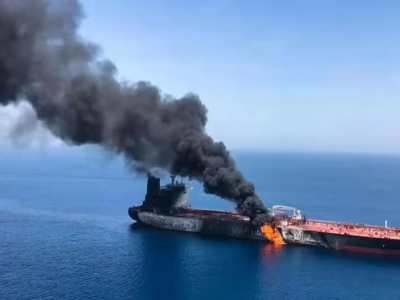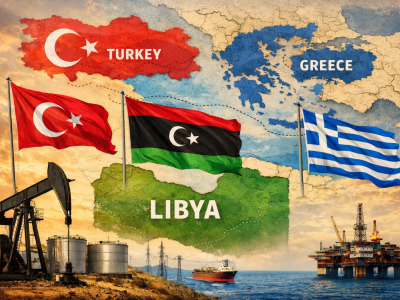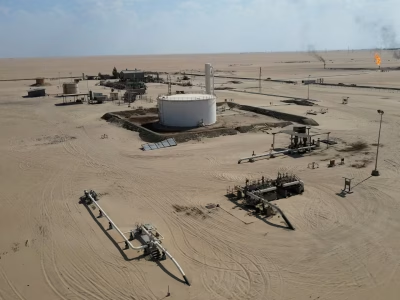Libya-Europe Relations: Missed Opportunities and the Search for a New Mediterranean Partnership
For more than a decade, Libyan-European relations have been in a strange state of “indecisiveness.”
They are neither antagonistic nor a solid strategic alliance, but rather a circumstantial relationship governed by mutual anxiety and political misunderstanding. While Europe was in dire need of a stable partner in the southern Mediterranean, Libya was mired in a whirlwind of statehood, this is precisely where the historic opportunity that could have made Libya a cornerstone of the new Euro-Mediterranean system was lost.
Before 2011, Libya was an important economic partner for several European countries, particularly in the fields of energy and oil investments. However, after the revolution, successive governments failed to build a coherent foreign policy that would restructure relations based on mutual interests. While Libya’s domestic affairs were preoccupied with legitimacy struggles and divisions, foreign affairs became a secondary issue.
This diplomatic vacuum allowed European capitals, each according to their own interests, to treat Libya as a “sphere of influence” rather than a partner country.
France focused on the south and the security issue, Italy on migration and energy, and Germany on political mediation. Meanwhile, the European Union as an institution remained unable to formulate a unified vision for Libya. Conversely, Libya failed to present a coherent strategic discourse that would reassure Europeans or establish clear boundaries for shared interests. The result was that the relationship devolved into a series of temporary understandings that ended with the fall of governments.
The missed opportunity was multifaceted. Economically, Libya was capable of becoming one of Europe’s most important and secure suppliers of natural gas after the outbreak of the Ukrainian war and the shaken confidence in Russia as an energy source, Libya’s geographical location and the vast gas reserves in the Sirte and Ghadames basins make it a natural choice for Europe. However, the lack of stability, weak decision making, and conflicting loyalties between East and West led Europeans to favor Algeria and the Eastern Mediterranean, despite the fact that Libya is closer, cheaper, and more capable of meeting the needs of the European market if the situation were managed with an economic, not a political, mindset.
From a political perspective, Libya missed the opportunity to play a mediating role in the Mediterranean, it is the only country with a simultaneous Arab, African, and European reach, and could have served as a bridge between Europe and Africa on issues of migration, food security, and renewable energy. However, instead of positioning itself as an “actor,” Libya let others speak on its behalf, it became a topic at conferences in Berlin, Paris, and Rome rather than a decisive party.
The Europeans, in turn, contributed to perpetuating this gap, they approached Libya with a purely security mentality, reducing the relationship to the issues of irregular migration and counterterrorism, they failed to understand that true stability does not come from militarizing the Mediterranean, but rather from supporting development and investment in southern Libya and stimulating the national economy, the result is that deterrence and migration policies have produced popular hatred of the European role, rather than creating a partnership of trust.
At its core, the problem lies in the absence of a mutual vision. Europe doesn’t know what it wants from Libya until a crisis erupts, and Libya doesn’t know how to present itself to the Europeans until it needs support. There is no proactive policy on either side, but rather chronic crisis management.
Nevertheless, the opportunity still exists, Europe is currently seeking to diversify its energy sources and a stable ally in the southern Mediterranean that can alleviate African and migration pressures. Libya, despite its crises, still possesses all the geographical and economic potential to become such an ally, if the moment is properly utilized.
The real challenge begins internally, by unifying political decisions, activating economic diplomacy, and reshaping the Libyan discourse in Brussels in a way that presents Libya as a partner, not a humanitarian or security issue. What is needed is not more statements, but rather a bold Libyan initiative that presents a clear vision for balanced cooperation, encompassing energy, security, education, and climate.
History is unforgiving to countries that are slow to understand transformations. If Libya does not act now to regain its place in the European equation, it will gradually turn into a “grey zone” filled with other powers seeking influence in the Mediterranean, and a second chance, if it exists, will not wait long.
The views expressed in this article are those of the author, and do not necessarily represent the editorial position of this publication.
